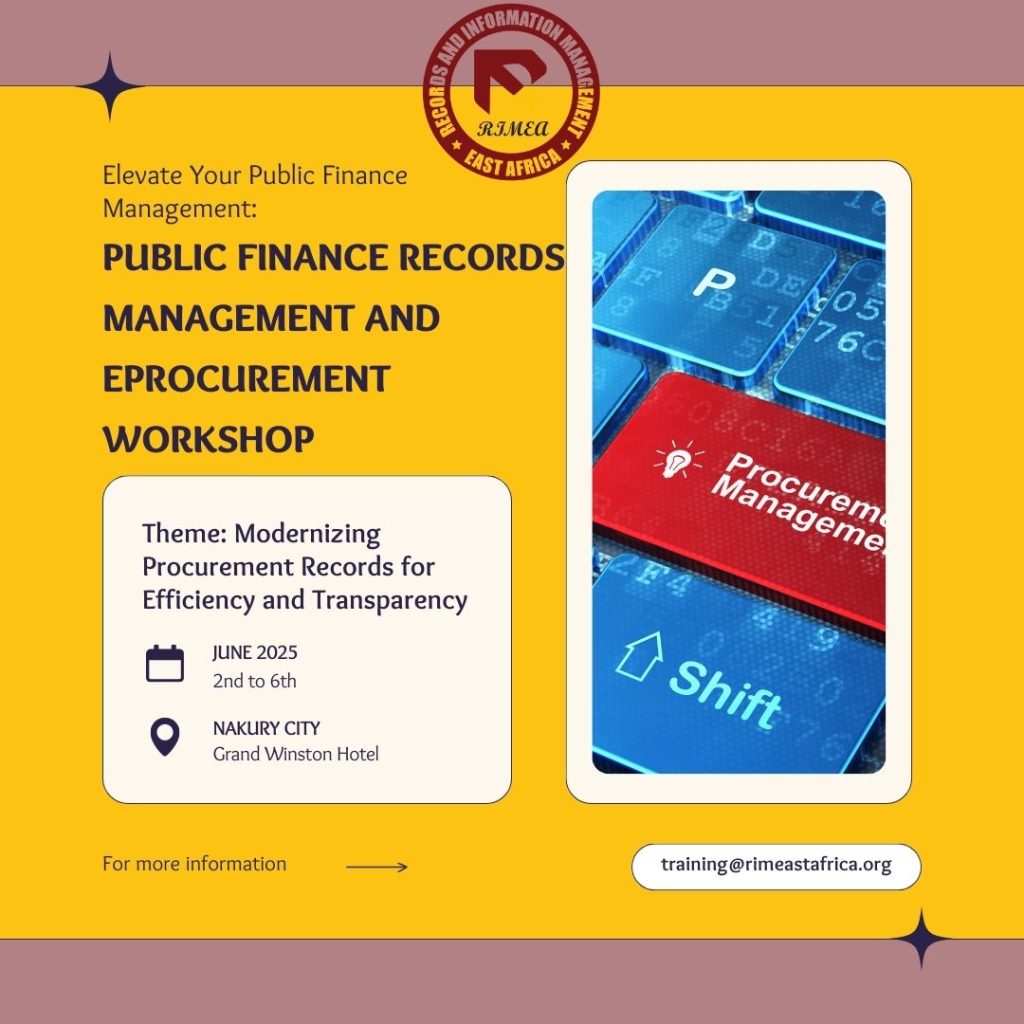Why Suppliers Must Keep Accurate Records
By Simon Gichuki
As the conversation on government pending bills continues to dominate headlines, many suppliers are watching their businesses teeter on the brink of collapse while waiting for long-overdue payments. The government has repeatedly reiterated its commitment to clear these obligations, but one recurring hurdle remains: the inability of some suppliers to produce verifiable documentation to support their claims.
In the public procurement space, records are everything. Without them, your claim — however genuine — is no more than a verbal assertion.

According to the Public Procurement and Asset Disposal Act, 2015, all procurement transactions in public entities must be documented and stored for a minimum of six years. This includes requisitions, tender notices, evaluation reports, contracts, Local Purchase Orders (LPOs), delivery notes, inspection and acceptance certificates, and payment records. These requirements are further reinforced by public sector supply chain policies and financial regulations, which emphasize transparency, accountability, and auditability in the use of public funds.
For suppliers, this means that safe and secure recordkeeping is not optional — it is strategic. When government verification teams and auditors begin assessing pending bills, they rely on the integrity and completeness of your documentation. If your records are incomplete, missing, or disorganized, your payment may be flagged for further scrutiny — or worse, invalidated altogether.
Beyond payment validation, proper recordkeeping serves another vital function: protection against fraud. With numerous claims pouring in, it is not unheard of for fraudulent actors to present forged documents. A supplier who can produce original, date-stamped, and signed documents, including delivery acknowledgments and inspection reports, has an edge in proving the authenticity of their transaction.
To increase your chances of successful payment processing:
- Digitize all records: Secure electronic copies ensure longevity and ease of access, especially when original paper files deteriorate or go missing.
- Document everything: Retain all correspondence — from contract award letters and signed contracts to emails and minutes of meetings.
- Seek proper closure: After delivery of goods or services, ensure that acceptance and inspection forms are duly signed and stamped by authorized officers.
- Know the law: Familiarize yourself with procurement and financial guidelines that govern your engagement with public entities.
Many pending bills are legitimate. Yet, without verifiable records, legitimate suppliers risk being sidelined in the cleanup process. The message to contractors, consultants, and vendors is clear: delivery is only half the journey — documentation completes the contract.
At a time when public trust and fiscal discipline are under close watch, both the government and suppliers must treat records not as a bureaucratic formality, but as the bedrock of accountability and payment assurance.
The writer is The Group Chief Executive Officer. For comments, email: don@rimeastafrica.org



